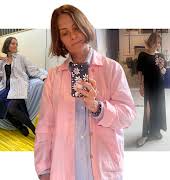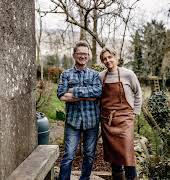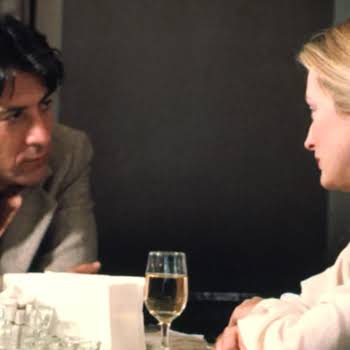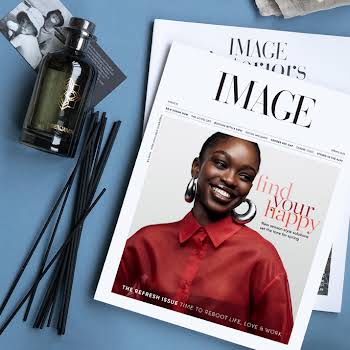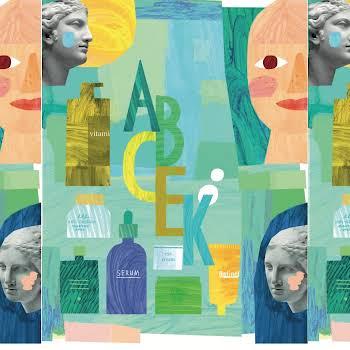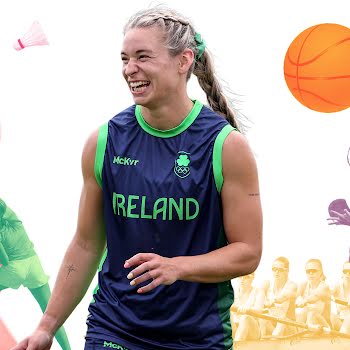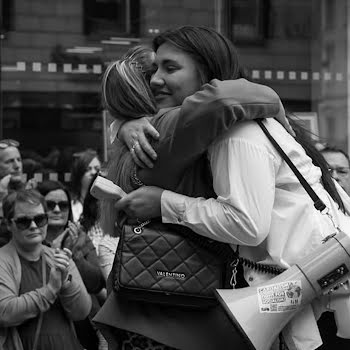
The game of life: how to navigate failed expectations
By Lia Hynes
26th Feb 2024
26th Feb 2024
A few days after her 40th birthday, Glynnis MacNicol was at the wedding of a friend when an elderly woman she didn’t know approached. Leaning in and administering a consoling pat, she reassured the author: “Don’t worry dear. I know it will still happen for you. There’s still time.”
Single and childless, MacNicol now found herself “a person who would forever be measured by what I didn’t have”. It never occurred to the woman, or the world at large, that she could be feeling “anything but bad”.
MacNicol’s book, No One Tells You This (Simon & Schuster, €19), is a memoir about turning 40 and finding your life judged a failure. Despite living in New York, with a thriving business and a successful freelance writing career under her belt, MacNicol had neither husband nor children, and therefore was deemed as having not succeeded at life.
“It was a truth universally acknowledged that by age 40, I was supposed to have a certain kind of life, one that, whatever else it might involve, included a partner and babies,” MacNicol writes. “Having acquired neither of these, it was nearly impossible, no matter how smart, educated, or lucky I was, not to conclude that I had officially become the wrong answer to the question of what made a woman’s life worth living. If this story wasn’t going to end with a marriage or a child, what then? Could it even be called a story?”
Her memoir tracks the year she turned 40, as she embarks upon a rigorous examination of her world and its worth. Eventually, she allows herself to consider the possibility that this life, not the one she planned, but nonetheless, the one she has worked hard to attain (the New York existence, the wide circle of beloved friends, the ability to travel whenever she pleases), might actually be a choice, rather than an also-ran option.
For the first time, it crosses her mind that “being alone could be a good thing, and not evidence that I was defective… What if I gave myself permission to prefer it?”
Like MacNicol, I have strayed off the roadmap of the customary. I too find myself living a life that is not the one I foresaw. My husband and I separated. Unlike MacNicol, my life-less-ordinary has been less the result of a slow culmination of events and more a dramatic swerve from the expected. Although being married is no guaranteed proof against the vagaries of life, it is a blueprint of sorts. Things are, you believe, to a certain extent, mapped out.
“A husband-shaped hole requires more than one person to fill it. No longer part of a couple, you lean on others in your life.”
When everything changes, there is, first and foremost, shock. The shock that this has happened to you. That this is your life now. It hits like a body blow when you least expect it.
Until it doesn’t. Until you realise that you no longer find yourself thinking, “I can’t believe this is happening to me.”
Now, when shock hits, it is about the abstract. Ideas, thoughts, imaginings of the things that will never be. Set in relief against the Technicolor of the day-to-day – in my case, a life full of a joyful child, family, friends, work – ephemeral notions of what might have been disappear.
And life outside the 2.4 is not without its benefits. Glynnis has, she writes, a genius way for making friends. “I’d managed to split many of the so-called duties of a partner between a circle of friends… together, they combined to make the perfect husband… they loved and supported me and understood me. For better or worse. Always.”
It turns out that a husband-shaped hole requires more than one person to fill it. No longer part of a couple, you lean on others in your life; existence outside the 2.4 forces you to look outwards. And so now I have deeper, stronger relationships with a wider number of friends and family than I would otherwise have had. Like MacNicol, I find the husband space “filled, for the most part, in one way or another. Not the way I’d ever thought it would be, but is anything?”
The fact of not having children is something Glynnis particularly wrestles with in her year-long dark night of the soul. Ultimately, she decides that she does not want to be a mother. In fact, she realises that her childless life is something she has chosen. “Something I’d built intentionally, and not simply a makeshift thing I’d constructed as a for-the-time-being existence until something came along that would make me a whole person in the eyes of the world.”
Women who do want a child live, of course, to a deadline; one of the reasons reaching 40 without kids is viewed with such horror. I did want a child, and my daughter has been a buffer in all of this. She has enabled a soft-landing of sorts. I have her, and so I can take my time and get used to our new normal.
“Was I always going to feel the need to defend my life, even just to myself?” MacNicol wonders at one point. Months before we told people of the split, a friend remarked on how sad it made them to see a marriage separation when there were children involved. “Because you just know, that will never be okay again.”
I have crossed the Rubicon. Let me report back. It is, in fact, okay. Better than okay. Life is again wonderful.
This article originally appeared in the September 2018 issue of IMAGE magazine.

